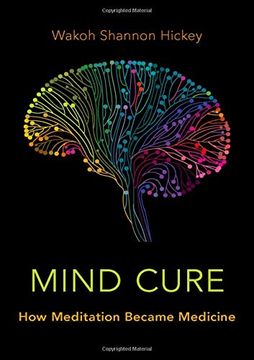Synopsis "Mind Cure: How Meditation Became Medicine (in English)"
Mindfulness and yoga are widely said to improve mental and physical health, and booming industries have emerged to teach them as secular techniques. This movement is typically traced to the 1970s, but it actually began a century earlier. Wakoh Shannon Hickey shows that most of those who first advocated meditation for healing were women: leaders of the "Mind Cure" movement, which emerged during the late nineteenth and early twentieth centuries. Instructed by Buddhist and Hindu missionaries, many of these women believed that by transforming consciousness, they could also transform oppressive conditions in which they lived. For women - and many African-American men - "Mind Cure" meant not just happiness, but liberation in concrete political, economic, and legal terms. In response to the perceived threat posed by this movement, white male doctors and clergy with elite academic credentials began to channel key Mind Cure methods into "scientific" psychology and medicine. As mental therapeutics became medicalized and commodified, the religious roots of meditation, like the social-justice agendas of early Mind Curers, fell by the wayside. Although characterized as "universal," mindfulness has very specific historical and cultural roots, and is now largely marketed by and accessible to affluent white people. Hickey examines religious dimensions of the Mindfulness movement and clinical research about its effectiveness. By treating stress-related illness individualistically, she argues, the contemporary movement obscures the roles religious communities can play in fostering civil society and personal wellbeing, and diverts attention from systemic factors fueling stress-related illness, including racism, sexism, and poverty.

